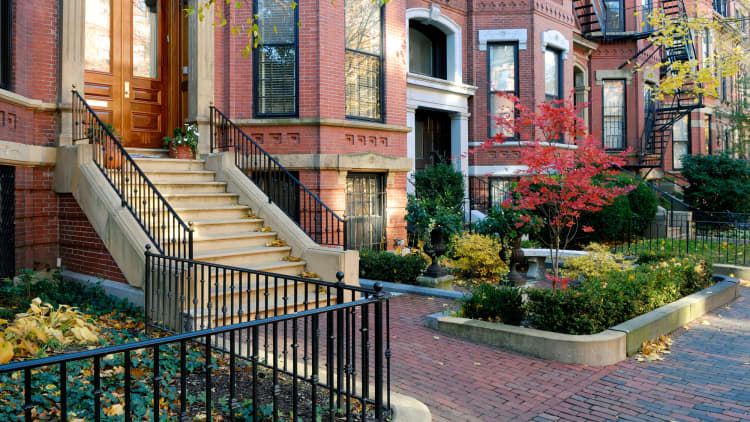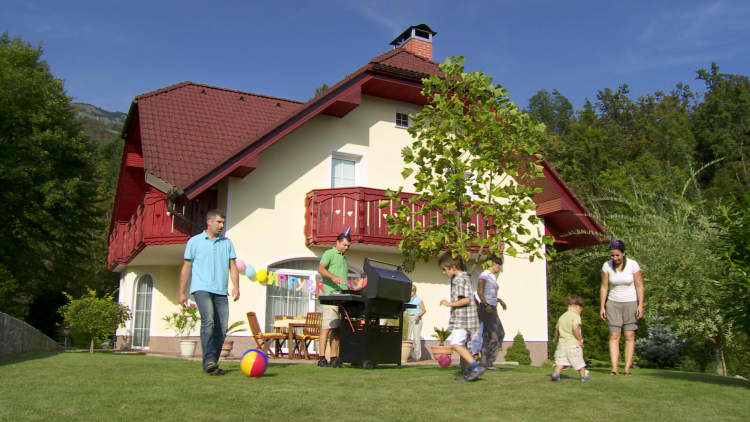If you're planning to buy a home, you should be ready to spend some serious cash.
In addition to forking over a 20 percent down payment, you also need to have enough in the bank to cover closing costs, moving expenses, repairs and the first few months' mortgage payments, all without draining your emergency fund.
For first-time buyers, that can be overwhelming. But it's worth it to ensure that you're in a financially sound place before diving into home ownership.
In fact, the biggest mistake people make while saving up to buy a home is socking away only the bare minimum, says Eric Roberge, CFP and founder of Beyond Your Hammock.
"Scraping by is no way to live your life and, although it may feel like it, buying a home will not magically make your life better," he tells CNBC. "Just like anything else, you will get over the new home feeling and sink back into normal life."
And the expenses don't stop once your name is on the deed. Homeowners should expect to pay 10 to 20 percent of the price of the home each year, according to Cathy Derus, CPA and founder of Brightwater Financial. That includes expected costs, such as mortgage payments, insurance, utility bills and taxes, as well as unexpected ones, such as a broken boiler or a leaky roof.

Roberge also warns against taking unnecessary financial risks in order to be able to buy a home. He says not to "invest your money in the stock market to grow it faster" if you're aiming to buy in the near future: "This may be a smart strategy for someone saving for a home in the next five to 10 years. It's not smart if you would like to buy in the next one to three years."
You should maintain an emergency fund that's liquid and accessible and has enough in it to cover six months of expenses.
Even if you feel emotionally ready to take on the responsibility of owning your own place, if it means you'd be scraping by, hold off until you're in a more stable position.
"Being smart with your money can look like living in an affordable rental and continuing to save and invest for future goals," Roberge says. "Breaking even or overspending is not a viable solution for anyone."




